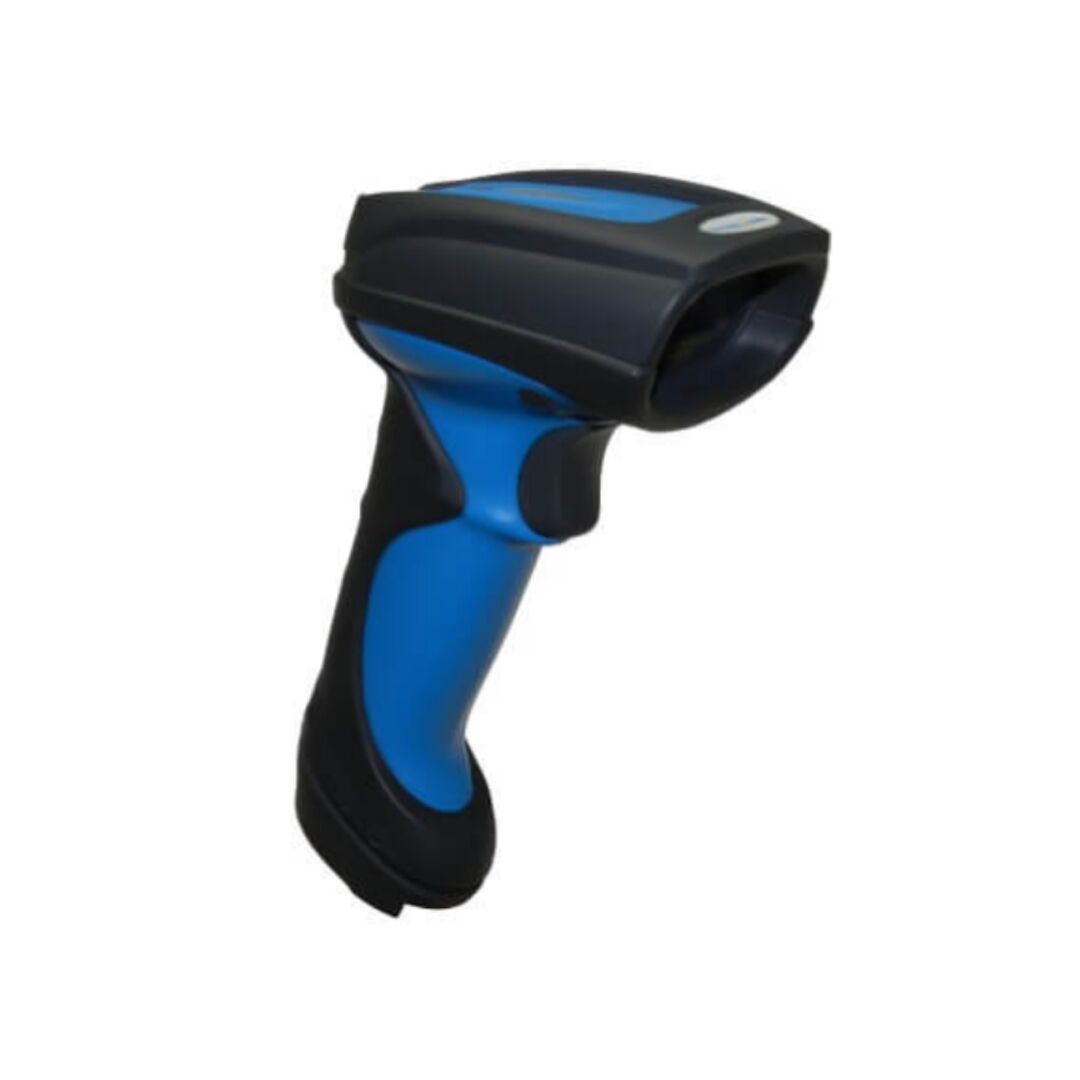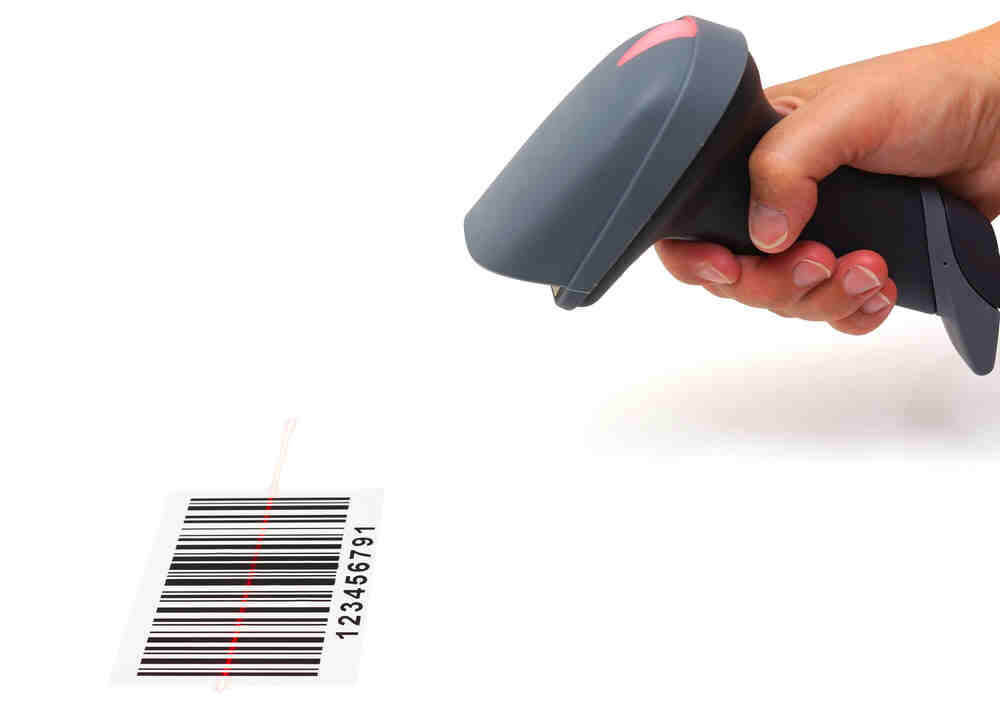Ergonomic Barcodes Scanners for All-Day Use
Ergonomic Barcodes Scanners for All-Day Use
Blog Article
Why Barcode Scanners Are Necessary for Modern Retail and Warehousing
In the quickly developing landscape of retail and warehousing, the integration of barcode scanners has come to be a pivotal component in improving operations and enhancing precision. By automating data access procedures, these gadgets not just lessen human error however also considerably improve inventory administration and checkout effectiveness. As organizations pursue competitive advantage, recognizing the diverse advantages of barcode innovation reveals its essential role in enhancing resource appropriation and promoting durable supplier connections. The ramifications of these innovations elevate additionally questions concerning the future trajectory of barcode technology and its influence on market standards.
Advantages of Barcode Scanners
Barcode scanners use countless advantages that significantly boost operational efficiency in retail and warehousing atmospheres. The automation of data access refines gets rid of the mistakes commonly linked with hand-operated input, leading to boosted accuracy in stock tracking and sales deals. With the ability to quickly check products, businesses can expedite checkout times, enhancing the client experience and reducing wait times.
Moreover, barcode scanners assist in real-time information collection, permitting instant updates to stock degrees and sales documents. This capacity enables companies to respond immediately to changes in need and maximize supply degrees, reducing excess stock and minimizing stockouts. Additionally, the assimilation of barcode scanners with inventory administration systems streamlines processes such as order gratification and item returns, even more enhancing operational effectiveness.
Expense cost savings are an additional vital advantage. By lowering labor costs connected with hand-operated stock monitoring and decreasing errors that can lead to financial losses, barcode scanners add to total productivity. Moreover, their ease of usage and transportability make them available for personnel training, making certain that staff members can rapidly become skilled in their operation. On the whole, the execution of barcode scanners is a strategic investment that generates significant returns in performance and operational quality.
Enhancing Inventory Management
Effective supply administration is critical for keeping functional efficiency in retail and warehousing setups. Barcode scanners play an essential function in this procedure by improving the monitoring of inventory levels, product places, and stock activities. By automating data capture, these tools reduce human error, leading to even more precise stock documents.
Utilizing barcode scanners enables real-time presence into stock quantities, allowing businesses to make informed decisions concerning reordering and supply rotation. This immediacy aids prevent overstocking or stockouts, both of which can negatively affect customer satisfaction and profit margins.
In addition, barcode scanning promotes reliable supply audits. With fast scanning capacities, team can perform inventory checks promptly, making sure that discrepancies are determined and corrected without delay. Enhanced supply accuracy not only supports operational efficiency however also reinforces partnerships with vendors, as exact information can cause much better settlement terms and improved order satisfaction.

Improving Check Out Efficiency
As customers progressively demand quicker and more reliable purchasing experiences, boosting check out processes has become a leading priority go to this web-site for stores. Applying barcode scanners plays a pivotal role in this venture, significantly streamlining the transaction procedure. By permitting cashiers to check products swiftly, barcode technology minimizes the moment spent on each sale, hence shortening overall wait times for clients.
Moreover, barcode scanners help with the accurate recognition of items, reducing the potential for mispricing and ensuring that consumers are billed appropriately. This performance not just enhances consumer fulfillment but also improves the merchant's functional effectiveness. With the capacity to process multiple items in fast succession, sellers can deal with high volumes of transactions during top buying hours without compromising service top quality.
In addition, integrating barcode scanners with point-of-sale systems makes it possible for real-time inventory updates, offering valuable insights into supply levels. This immediacy allows merchants to take care of inventory better, ensuring that preferred items remain in supply and minimizing the possibility of lost sales. On the whole, the adoption of barcode scanning modern technology is crucial for improving checkout effectiveness, ultimately resulting in enhanced client experiences and boosted sales for stores.
Lowering Human Error
In retail and warehousing environments, the application of see post scanning technology considerably reduces human mistake during deals. Traditional hands-on entrance of product info is vulnerable to errors, including incorrect rates, misidentified products, and information access errors. barcodes scanners. Barcode scanners enhance this process by automating the capture of item data, ensuring accuracy and consistency
By using barcode scanners, workers can promptly scan products instead than by hand inputting information. Barcode scanning mitigates these threats by improving the accuracy of supply matters and sales documents.
In addition, barcode scanners boost liability within the workforce. With clear information routes created via scanning, disparities can be determined and addressed promptly, promoting a society of precision. barcodes scanners. The reduction of human error not just improves operational effectiveness but likewise constructs consumer depend on, as shoppers get the proper items at the right costs. Generally, the fostering of barcode technology is a vital action toward achieving operational excellence in retail and warehousing setups.
Future Fads in Barcode Innovation
The development of barcode technology is positioned to change retail and warehousing procedures in the coming years, driven by innovations in automation, information analytics, and mobile assimilation. As sectors progressively adopt Internet of Things (IoT) systems, barcode scanning will certainly end up being integral to real-time supply management and supply chain optimization. Boosted data analytics abilities will certainly enable businesses to harness checked information for anticipating analytics, enhancing demand projecting and supply turnover.

Furthermore, the combination of expert system with barcode technology assures to streamline procedures via wise recognition and error our website discovery. As device knowing formulas evaluate checked information, they can give understandings that aid stop stockouts and overstock scenarios.

Verdict
To conclude, barcode scanners play an essential duty in contemporary retail and warehousing by enhancing stock monitoring, improving checkout performance, and considerably minimizing human error. The combination of barcode modern technology not just streamlines operations however likewise promotes better distributor connections and optimizes source allotment. As innovation continues to evolve, the future of barcode scanning promises more innovations that will drive functional effectiveness and productivity in significantly open markets.
Report this page